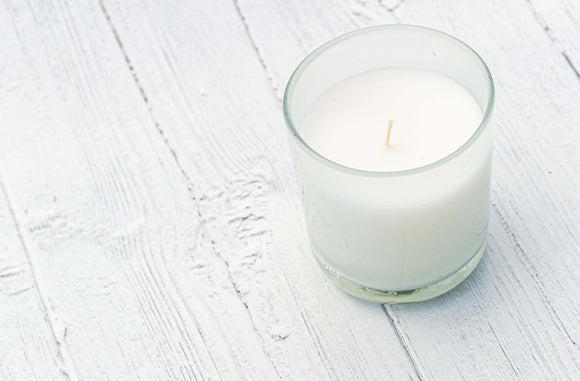
Keep your second brain happy with probiotics
Shelagh McNally
From butterflies in our stomach to following our gut for important decision making, we’ve known intuitively that our stomachs are connected to our emotions. Now scientists are discovering that there is an actual intricate relationship between the gut, our brain and our well being.
Our digestive system is made up of the enteric nervous system (ENS), an extensive mesh of 100 million neurons (more than the spinal cord or peripheral nervous system). With its own reflexes and senses, the ENS works independently from the brain! Because of this, scientists have dubbed it our second brain.
What's really exciting is the discoveries around the flow of information between the two brains. Jay Pasricha, M.D., director of the Johns Hopkins Center for Neurogastroenterology, has been studying this brain-gut axis for several years. He found that our two brains communicate back and forth equally and that not only is our big brain aware of what’s happening with our gut but it’s heavily influenced by it and responds accordingly! It’s a complex relationship that we are only beginning to understand.

The messengers of the ENS are the trillions of bacteria that exist in its complex microbiome ecosystem. These bacteria help with the daily complex task of digesting food, absorbing nutrients and moving the waste down the line. They also produce neurochemicals used by the big brain to regulate bodily functions, including cognitive functions such as memory and mood. When our gastrointestinal systems gets irritated or stressed, the composition of the bacteria is reshaped thereby changing the messages sent to our brain and the result is often depression or anxiety.
For years we thought it was the brain affecting the gut. But it appears it’s the other way around. In other words, a happy gut equals a happy mind.
This is where probiotics come into the picture. Probiotics are the live bacteria that keep the gut balanced and healthy. Traditional sources are fermented foods such as yogurt, kefir, sauerkraut, tempeh and kombucha. These foods are high in Lactobacillus and Bifidobacteria so scientists started researching these beneficial microorganisms and the results are promising.
Researchers at the University of Queensland studied the efficacy of Lactobacillus in a small randomized, double blind, placebo controlled pilot study. They found the probiotic group reported an overall increase in well being. Another study between the University of Montreal and the University of Vandoeuvre-les-Nancy, France found that a 30-day course of probiotic bacteria (a mix of Lactobacillus helveticus and Bifidobacteria longum) led to decreased anxiety and depression in healthy volunteers. Probiotics have become a mainstay in a healthy diet but may also help our emotional health.
If you are considering a probiotic supplement look for one that has a balanced multi-strain of Lactobacilli and Bifidobacteria with colony forming units (CFU) ranging from 2 billion to 100 billion. You’ll also want to go with a vegan source to avoid allergens or any GMOs. Make sure the potency is guaranteed up to the time of expiry and that the capsules are encapsulated in a vegan, plant-based delayed-release capsule.
More exciting discoveries await as we begin to explore the relationship between our two brains.
Products
- Genuine Health - Advanced Gut Health - Probiotic 15 billion
- Jamieson - Probiotic Complex Adults
- Sisu - Probiotics Kid Stiks
- Genestra - HMF Intensive
Research links



